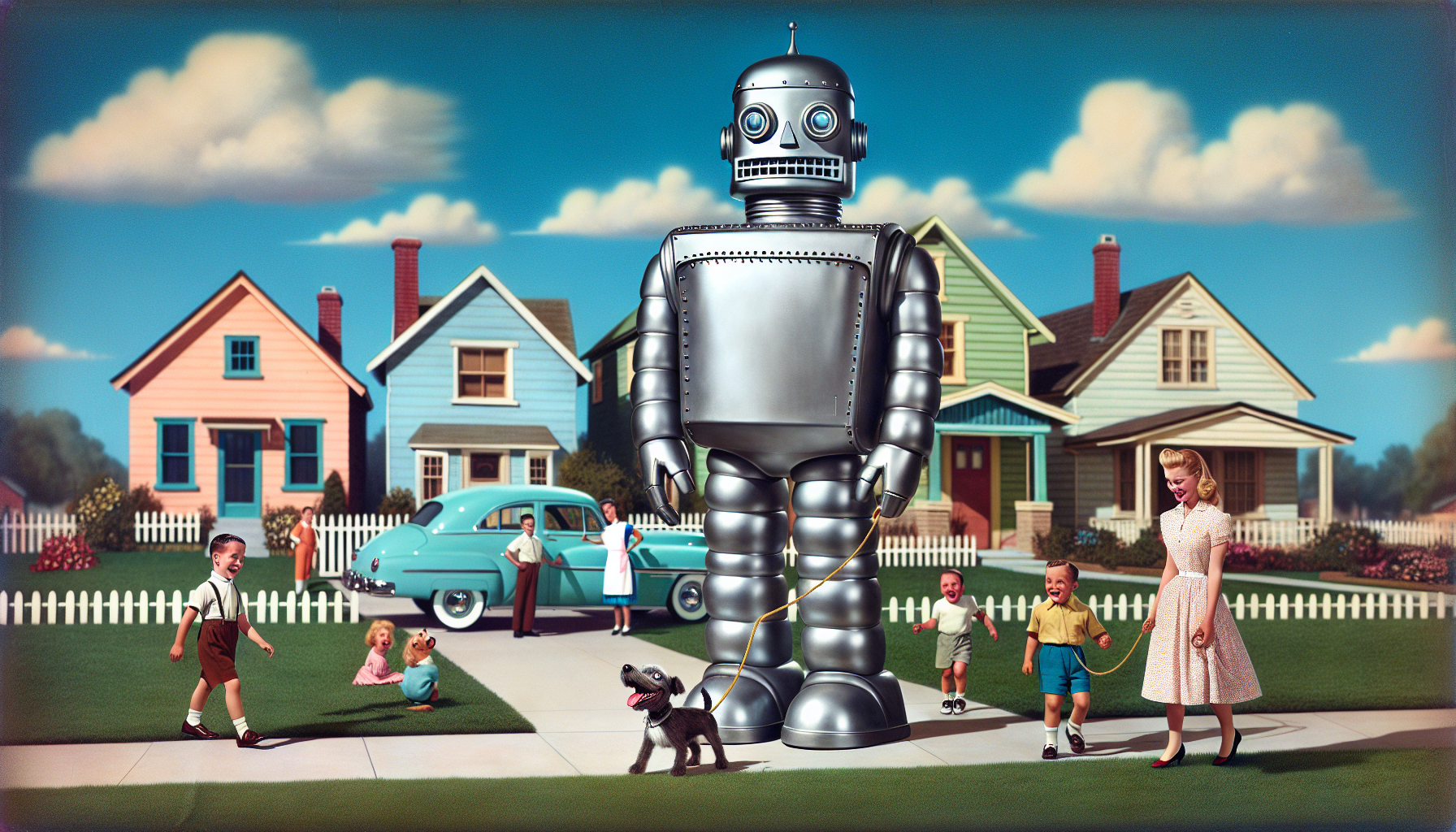AI Agent Era: Microsoft, NVIDIA, and CrowdStrike Lead Innovation in Cybersecurity and Software Development
May 03, 2025

RSAC 2025: Why the AI agent era means more demand for CISOS
At RSAC 2025, the cybersecurity landscape showcased a significant improvement in efficacy after three stagnant years, with vendors revealing a range of agentic AI-based solutions. Scale Venture Partners reported a rise in cybersecurity effectiveness to 61% from 48% in 2023, highlighting advancements in phishing protection and AI/ML model security. Notably, 75% of firms are harnessing AI to enhance security operations, elevating the technology from minimum viable product to platform core. Key players like CrowdStrike, Cisco, and Microsoft spotlighted AI's role in real-time threat detection and response, while discussions urged CISOs to align with board-level governance, as AI risks loom over business-critical systems. CrowdStrike’s George Kurtz emphasized the need for CISOs in boardrooms, while Protect AI’s Diana Kelley called for rigorous AI security, coinciding with her company's acquisition by Palo Alto Networks. The conference underscored AI’s operational impact, challenging vendors to substantiate their solutions’ efficacy. (Source)
Rethinking Cybersecurity With AI Agents
Jason Clinton, Chief Information Security Officer at Anthropic, highlights the transformative role of AI agents in enhancing software quality and cybersecurity by reducing bugs and minimizing vulnerabilities throughout the software development life cycle. Addressing the challenges of managing AI agents for identity and access controls, Clinton suggests their potential to secure operational technology networks and expedite responses to vulnerabilities. Speaking at the RSAC Conference 2025, he emphasized the necessity of adopting AI models for defensive strategies against cyber threats. Clinton, who previously enhanced security for Google's Chrome infrastructure and Android Pay, now leads efforts to secure advanced AI infrastructure at Anthropic. (Source)
Why agentic AI is the next wave of innovation
Microsoft and NVIDIA are at the forefront of advancing AI technology, focusing on agentic AI that combines powerful language models and intelligent agents. Tools such as Microsoft’s Azure AI Foundry and NVIDIA’s infrastructure are leading this innovation, providing platforms for developing and deploying AI applications at scale. Notable advancements include the enhancement of AI agents capable of hyper-personalization and emotional intelligence, significantly benefiting sectors like customer service and healthcare. Air India exemplifies this progress, achieving 97% automation in customer service through AI deployment. NVIDIA’s contributions include the integration of NIM microservices and Meta Llama model optimizations, enhancing AI performance, reducing costs, and enabling efficient deployments. These developments are laying the groundwork for future innovations, including quantum computing and liquid-cooled data centers, positioning Microsoft and NVIDIA as pivotal players in the enterprise AI landscape. (Source)
Exploring Trends That Are Redefining Software Testing
Maneesh Sharma, COO of LambdaTest, shares insights on the evolution of software testing driven by AI technologies. Generative AI tools like OpenAI’s ChatGPT and Google’s Gemini are revolutionizing test data creation and defect prediction, while AI-native agents enhance test coverage and efficiency. The focus on digital accessibility is growing, with regulations pushing companies to adopt robust testing frameworks to avoid alienating users. QAOps, integrating quality assurance with DevOps, is streamlining testing by embedding it within development processes. Predictive self-healing automation is reducing maintenance efforts by autonomously adapting to changes. As mobile applications proliferate, intelligent automation is crucial for delivering seamless user experiences. Organizations must address the challenges of AI testing, including security, compliance, and resource-intensive adoption, to successfully lead digital transformation efforts. (Source)
Codebase Knowledge Builder AI Tool Turns Confusing Code Into Easy to Follow Tutorials
Zachary Hong, a PhD student at Columbia University, has developed an open-source AI tool that revolutionizes the understanding of complex codebases by transforming them into structured, step-by-step tutorials complete with visual aids. This tool, ideal for developers at all skill levels, is powered by the lightweight PocketFlow framework, which supports "agentic coding" to streamline workflows. Key features include compatibility with multiple AI models, context management for large repositories, customizable tutorials, and multi-language support. As an open-source project, it encourages community collaboration and innovation, making advanced AI capabilities accessible. The tool's potential applications include codebase summarization, workflow automation, and retrieval-augmented generation, reducing manual effort and enhancing productivity in software development. (Source)
